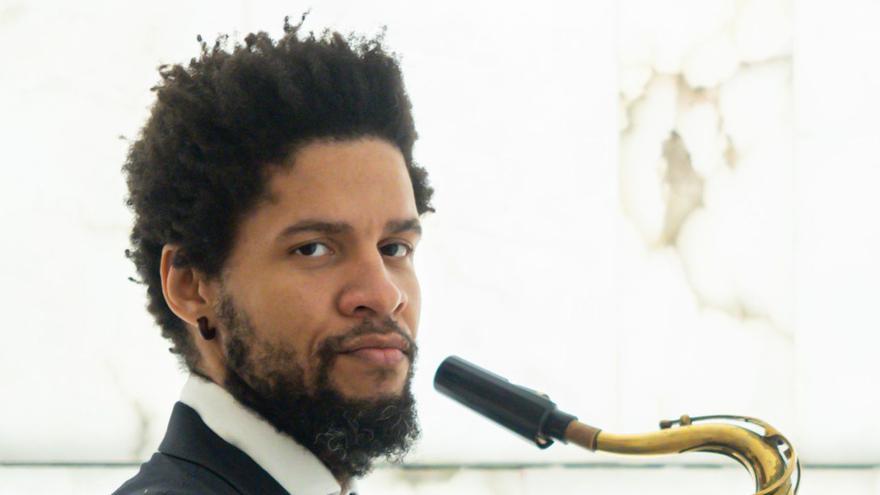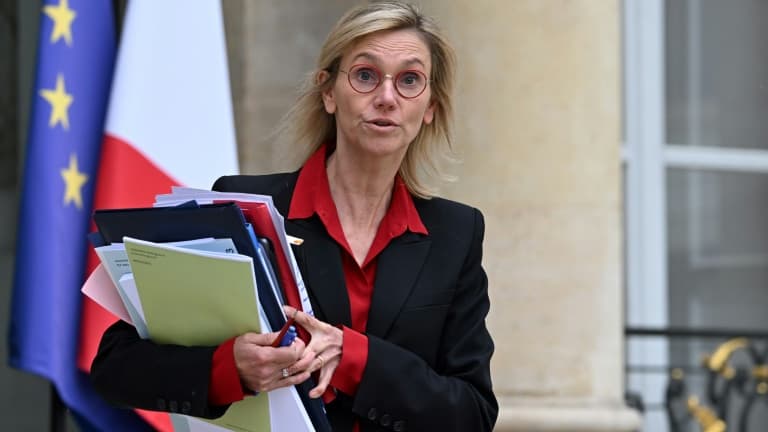Ariel Bringuez He promises to fill the Philharmonic Theater with his “Cuban Nostalgia” next Friday, December 9, starting at 8.30pm. The Cuban saxophonist, who has lived in Madrid for fifteen years, has taken classic themes and songs from his homeland and passed them through the jazz filter, recreating the atmosphere of cosmopolitan Havana from the 40s and 50s of the last century.
–In “Cuban Nostalgia” weighs more Cuban music or jazz?
– “Cuban Nostalgia”, which is one of my albums, is a retrospective look at Cuba. I have been living in Madrid for many years and this album was made thinking where I come from, where to offer my art, from a closer place. It’s like looking at Cuba and wondering where I’m from, where I’m from and what I bring. Sure, it’s a more intimate Cuba. I like poetry and I’ve been writing since I was a child, there’s poetry in the musical. It’s somewhere in between, between Cuba and jazz. It takes the tradition of Cuban music and mixes it with American jazz, the aesthetics of the 40s or 50s, those songs by Nat King Cole or “Buena Vista Social Club”.
–You have collaborated with many musicians.
–In Spain I worked with Javier Colina, one of the greatest double bass players in the world. I was playing on his project and he is an inspiration and inspiration. He has played with Bebo Valdés and with El Cigala. My grandfather was a truly amazing saxophonist and I grew up listening to many songs. He not only taught me the songs, but also how to approach them. Cuba is a very musical country, understanding music as a culture and as a way of living and sharing. I wanted to make a record that had those connections.
-With the pandemicthe shooting time was extended with this one worked.
– One of the Asturians I love the most, Nuria Becerra, made me take up this project again. The album was ready and after working with her I took over the project and started presenting it in many places. We are going to Bulgaria in a week, we just arrived from Germany, now we are going to play at the Madrid Jazz Festival…
–How did you combine jazz and Cuban melodies and rhythms?
–The jazz I use is conceptual, it has improvisation and what we did is take songs from Cuba, that had that whispery and intimate point and do little arrangements. I took Cuban roots and gave them a jazz bath. There is a musical Cuba close to poetry, it is not the one with such a masculine and visceral explosion.
–His grandfather was also a great saxophonist.
–My grandfather was the director of a mythical band in central Cuba, an atypical son band, and they created a new Cuban son sound. They have traveled extensively around the world. It was like a second crop of “Buena Vista Social Club”. My grandfather is a point of reference for the Cuban sax. Those old men are full of stories.
–And sometimes I play in Asturias.
-Yup. There are a lot of people there from Santa Clara, where my family is from. I feel like drinking cider and eating fabada. On an artistic level, my training was in Cuba, the Cuba that I will teach is the one that I already bring from my travels around the world, a Cuba that supports a universal sentiment, strongly influenced by music from all over the world. The miscegenation in Cuba is infinite: Africans arrived, Chinese began to pass, Europeans who stayed on the island… On a biological level, when we mix, the species is strengthened and art is a reflection of the human being. Music passes through the human being.
–Pablo Milanés, a great Cuban and universal musician, passed away a few days ago.
–I have several arrangements by Pablo Milanés, out of admiration and respect, and how powerful his music seems to me now. I accept death as a part of life, but this death shook me. In person I once shared the stage with him and he was gorgeous and super loving.
–He arrives in Oviedo with a band he has been collaborating with for some time.
–And the Oviedo concert catches us at the climax of the relationship. I am super lucky to share my life with these musicians.
–How is Cuban music received in Northern Europe, where do they also play?
–The reception we get in countries like Germany is proof that music is a universal language. If you tell the truth and do honest work, it shows. We go on stage and that’s a ceremony. The week before the concert in Bulgaria it was sold out.
What music do you like to listen to when you are not working?
–I am fed by folk music from all over the world, I am obsessed with that ethnic point, and jazz, drumming, singing…


